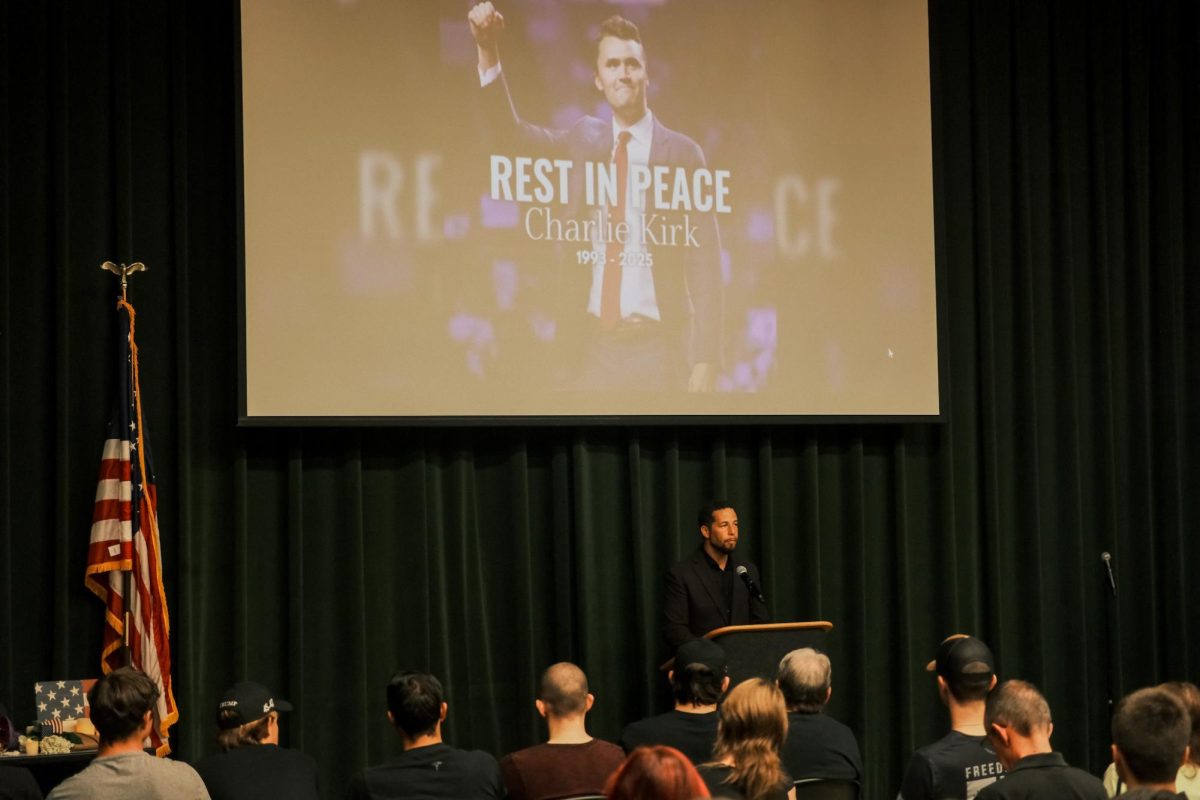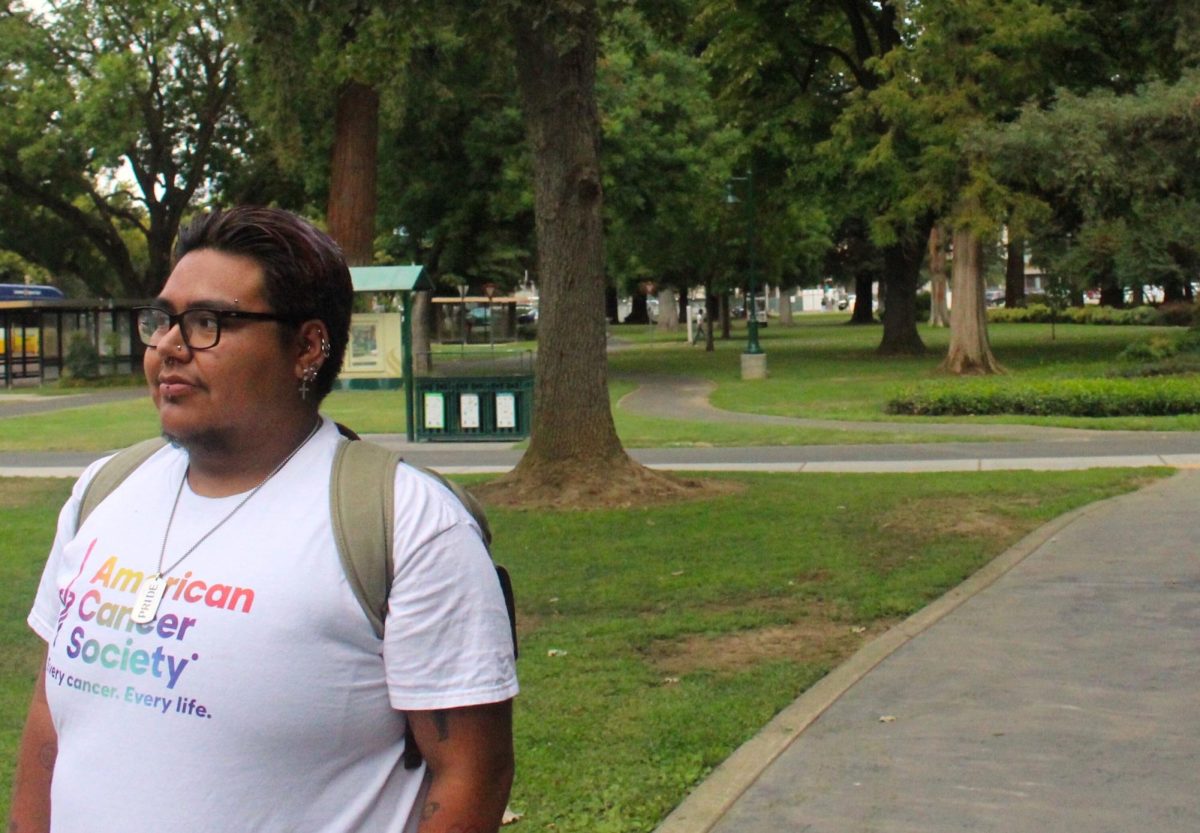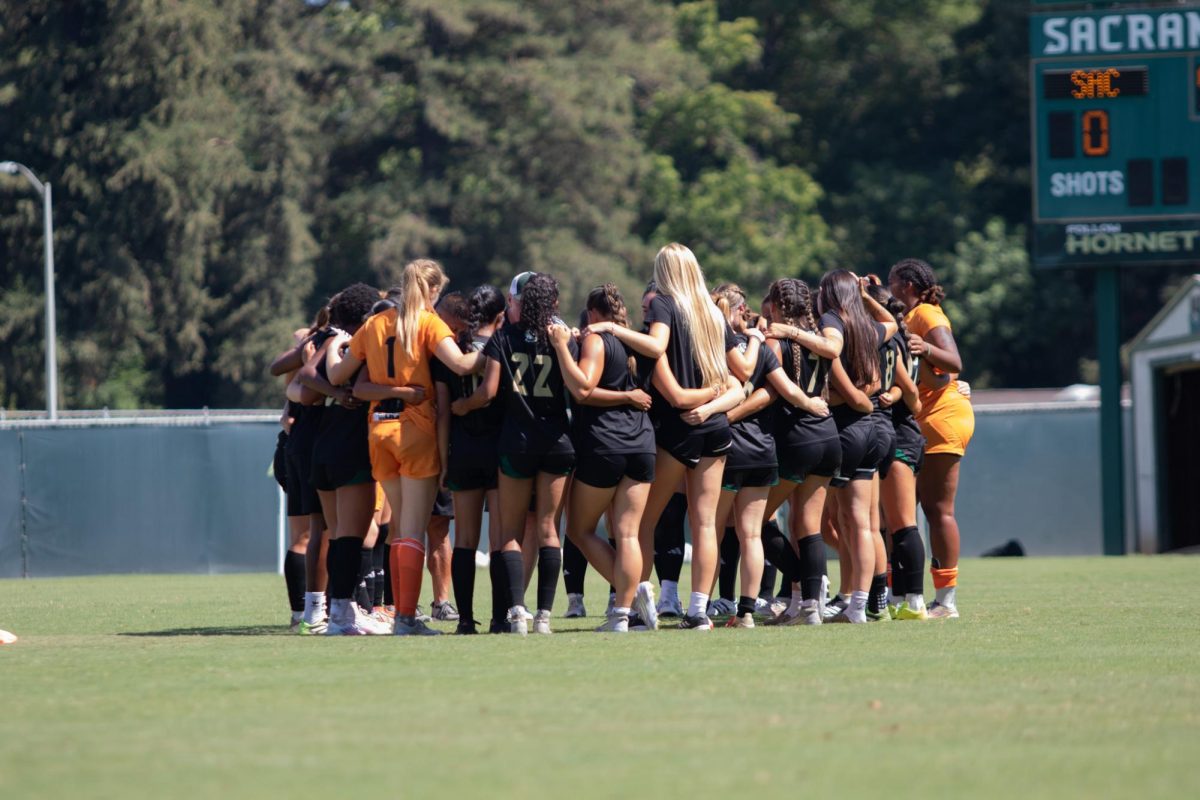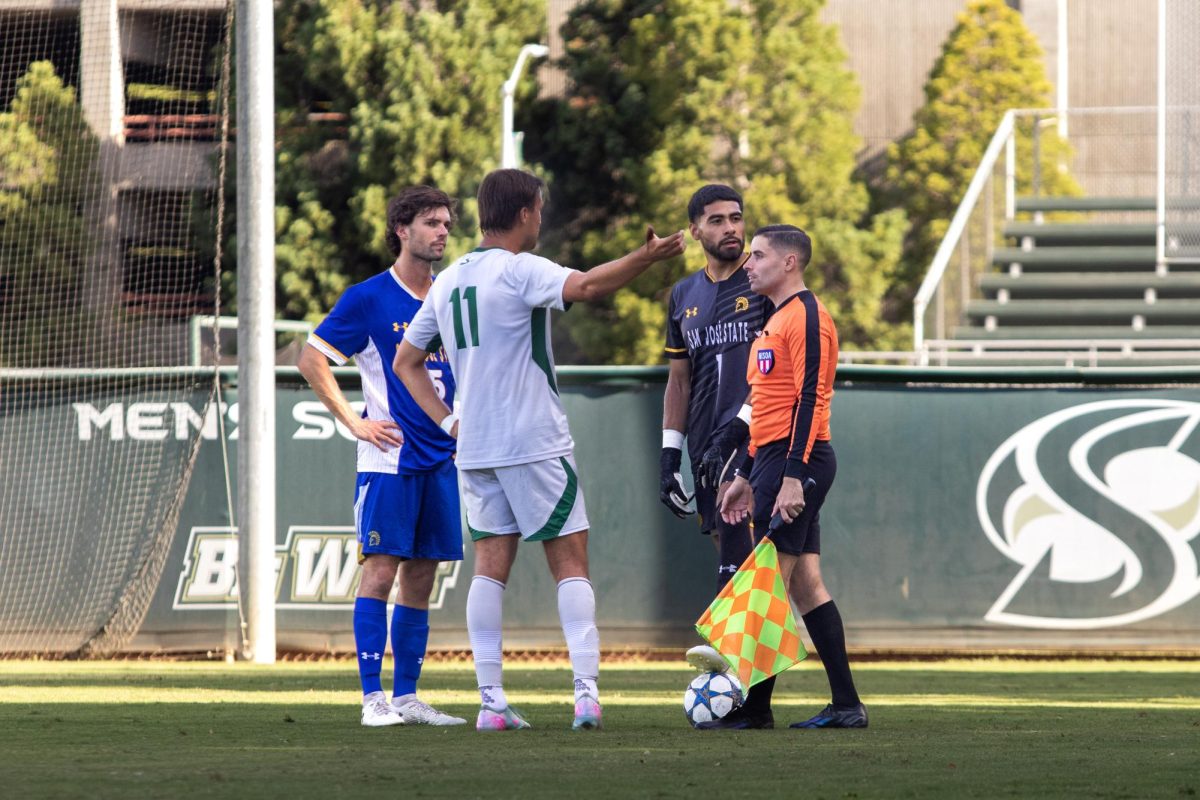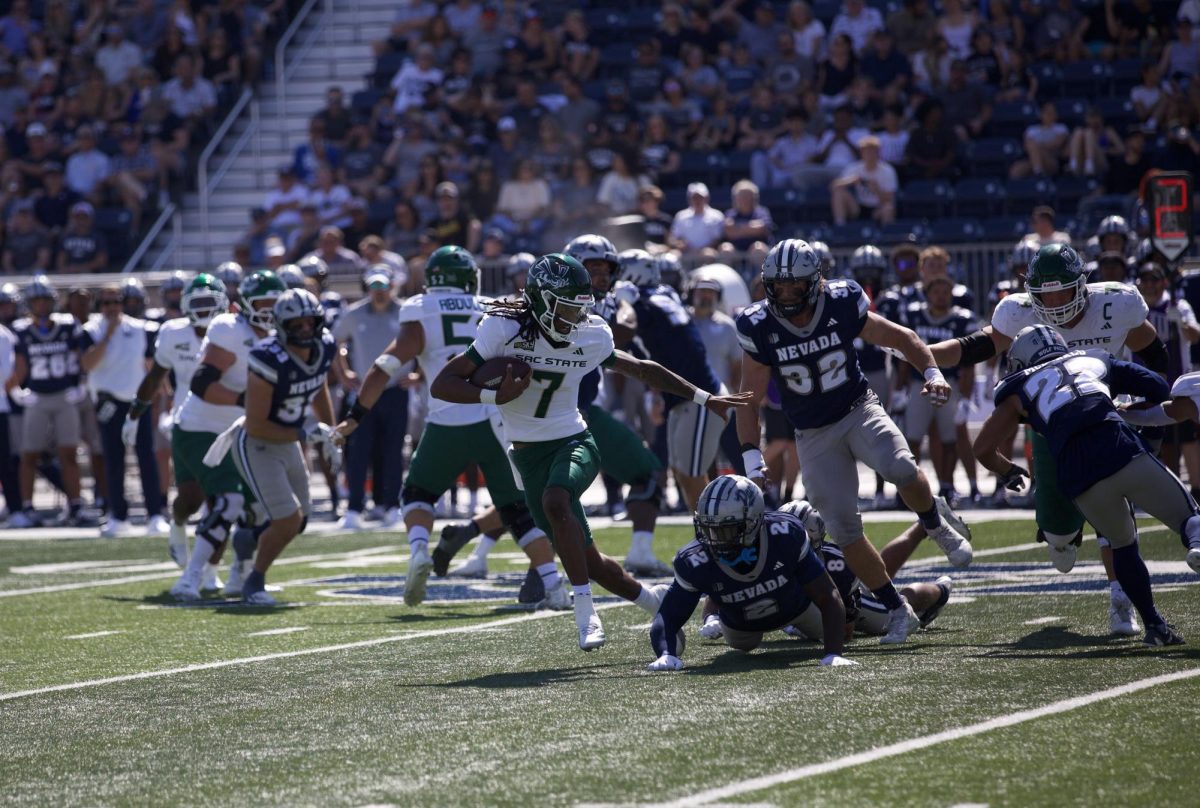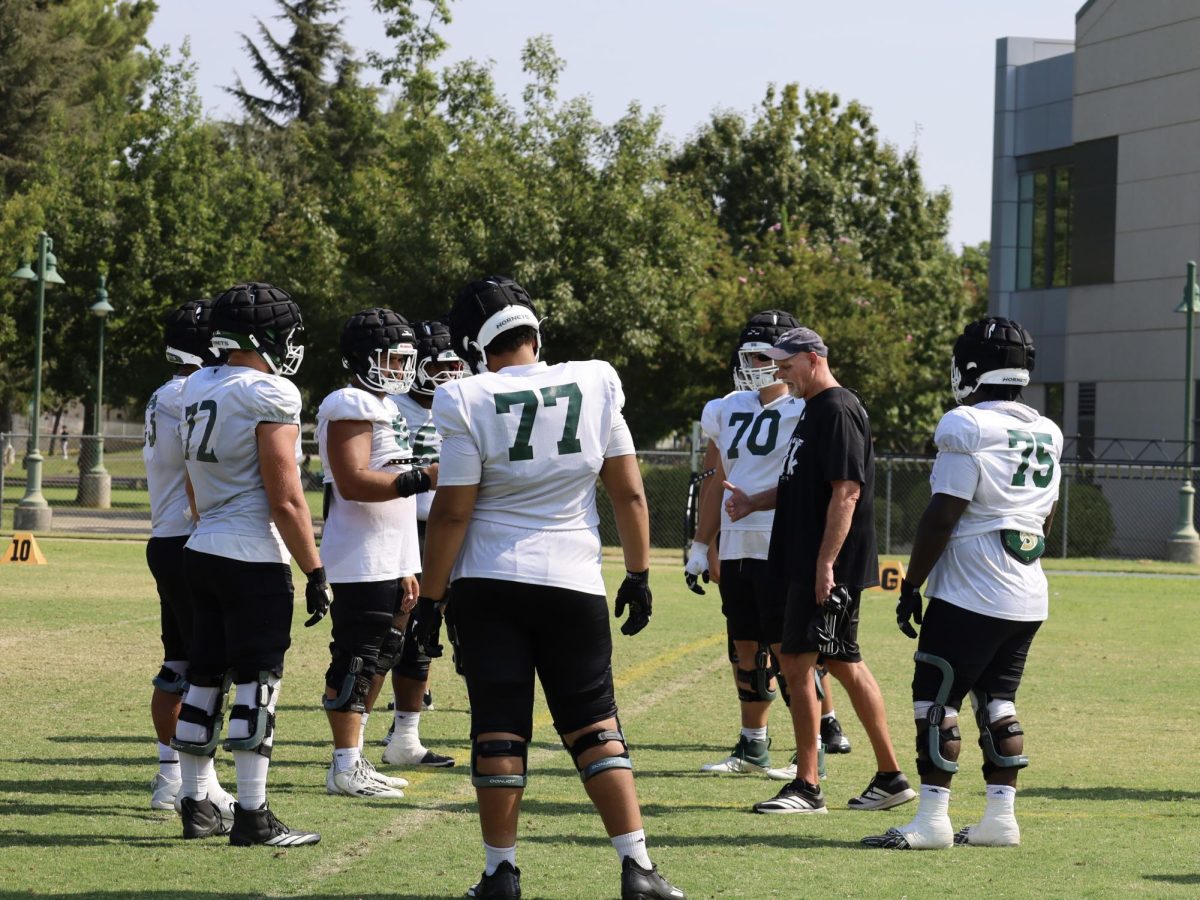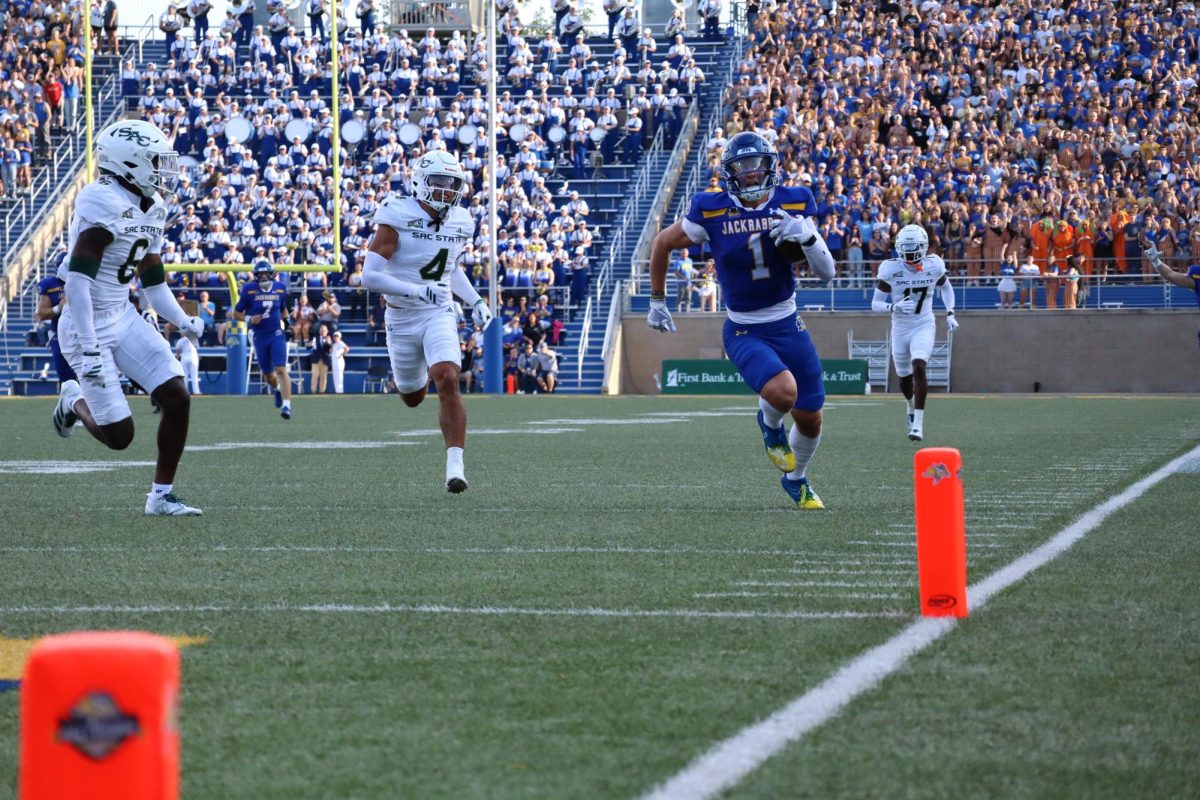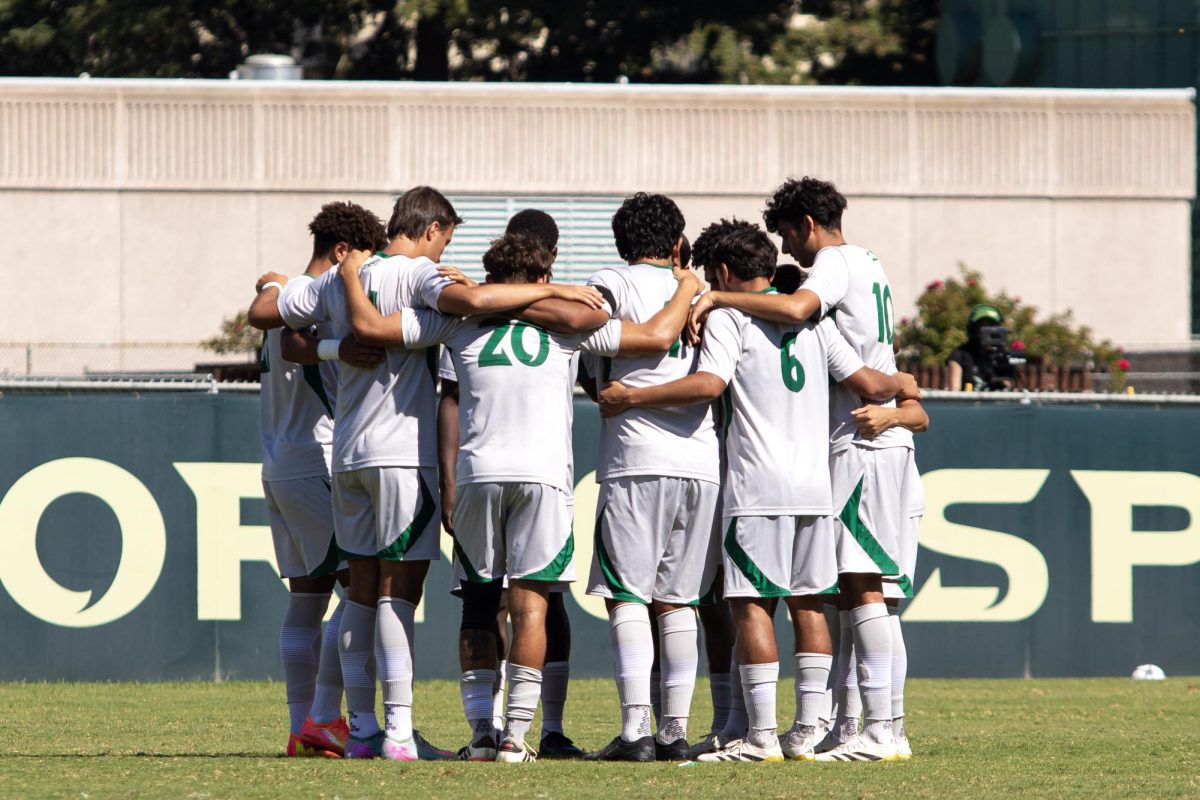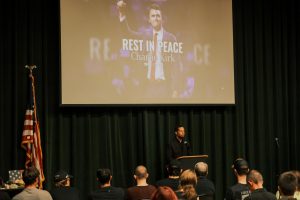Opinions rise on U.S. soldier attack videos
October 16, 2006
(NORMAL, Ill.) – Videos of soldiers being attacked have made their way onto the popular Web site YouTube. While many of the videos have been removed, opinions about them have not.
According to Arnold Wolfe, an associate professor in the School of Communication, the showing of the video is legal in accordance with the first amendment.
“There is no clear liaison that can restrict the display of the video, there is no main legal point and there is not constitutional support to restrict the videos,” Wolfe said. Gary Klass, an associate professor of politics and government, said people should not be upset with the showing of the videos, but instead the content.
“The people attacking the soldiers are doing a lot worst than the people posting the videos, the really bad things are the attacks,” Klass said. Klass said the showing of the videos is a nasty thing to do, but seeing the videos is not any better.
“Nobody is seeing these videos who don’t want too,” Klass said.
Matthew Pickell, a junior nursing major and veteran of the U.S. Army, said access to the videos of attacks on soldiers is not upsetting, rather the viewing of them by the public.
“I personally think people have the right to view these videos, however, I do think people should be respectful enough not to. I personally would not want my dead corpse circulating the Internet so drunk college kids have something to talk about,” Pickell said. Pickell said he believes people who choose to see the attack videos cannot help themselves.
“As a veteran I feel most people look at these images because they have never seen a dead body before and they are curious to see what it looks like,” Pickell said. The access to the videos does have some benefits, according to Klass.
“On one side, people get to see how nasty war really is. People can see how nasty and dirty the job is,” Klass said.
Pickell, however, said he disagrees with the notion that the videos are a means of showing a truth to the public.
“We are a society raised with violence. Whether it is special effects in movies or digital effects in video games, [the attack videos] are a taste of what is considered taboo,” Pickell said.
“These videos on the internet are not a tribute to the soldiers or a way to give the public a better view of ‘the daily life of a soldier,’ it’s a perverse way to get your daily fix of violence by disguising it as patriotism,” Pickell added. According to Wolfe, an attempt to restrict attack videos would not stand a chance in court.
“Government could put pressure on the people responsible for the video, but that’s about it, then it would be up to YouTube or the site it is on to take the video off,” he said.
Wolfe said the access, showing and viewing of attack videos is a question of personal ethics.
“Some people are going to like it and some won’t,” Wolfe said.


